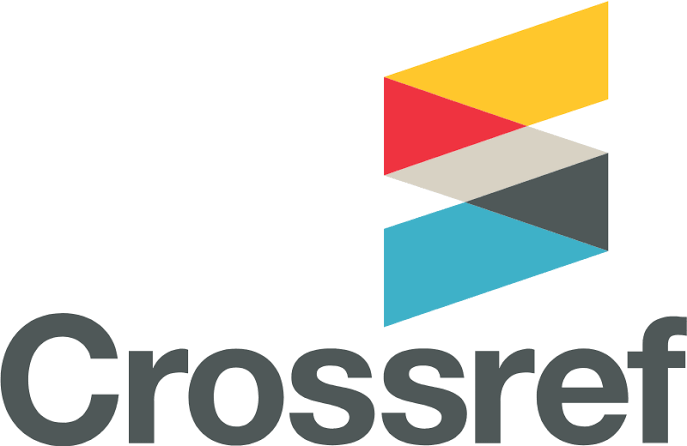THE RELATIONSHIP BETWEEN ETHICAL SCHOOL ADMINISTRATION TEACHERS’ JOB COMMITMENT IN SECONDARY SCHOOLS IN CALABAR SOUTH LOCAL GOVERNMENT AREA, CROSS RIVER STATE, NIGERIA
DOI:
https://doi.org/10.59795/m.v7i2.162Keywords:
Ethical, School Administration, People Orientation, Power-Sharing Teachers, Job CommitmentAbstract
This study examined the relationship between ethical school administration and teachers’ job commitment in secondary schools in Calabar South Local Government Area, Cross River State, Nigeria. The study was guided by two hypotheses and employed a correlational research design. A sample of 133 teachers was selected using a convenient sampling technique. Data were collected through a structured questionnaire titled Ethical School Administration and Teachers’ Job Commitment Questionnaire (ESATJCQ). The instrument was subjected to face and content validation by experts from the Department of Educational Management and the Department of Measurement and Evaluation, Faculty of Educational Foundation Studies, University of Calabar. Reliability was confirmed using the Cronbach Alpha method, which produced indices ranging from 0.82 to 0.85 across the subscales, indicating a high level of internal consistency. Data analysis was carried out using Pearson’s Product Moment Correlation Coefficient (r) to test the hypotheses at the 0.05 level of significance. The results revealed a statistically significant positive relationship between ethical people orientation, ethical power-sharing, and teachers’ job commitment. These findings demonstrate that ethical school administration plays a vital role in fostering teachers’ sense of belonging, responsibility, and dedication to their professional duties. The study concluded that ethical school administration is a key determinant of teachers’ job commitment and, by extension, of overall educational effectiveness in the study area. It was recommended that educational authorities institutionalize ethical school administration practices by formulating policies and organizing training programs that emphasize fairness, transparency, respect, and participatory decision-making. Such initiatives would enhance teachers’ professional responsibility, motivation, and long-term commitment.
Downloads
Published
How to Cite
Issue
Section
License
Copyright (c) 2025 Multi-Disciplinary Research and Development Journals Int'l

This work is licensed under a Creative Commons Attribution-NonCommercial-NoDerivatives 4.0 International License.












